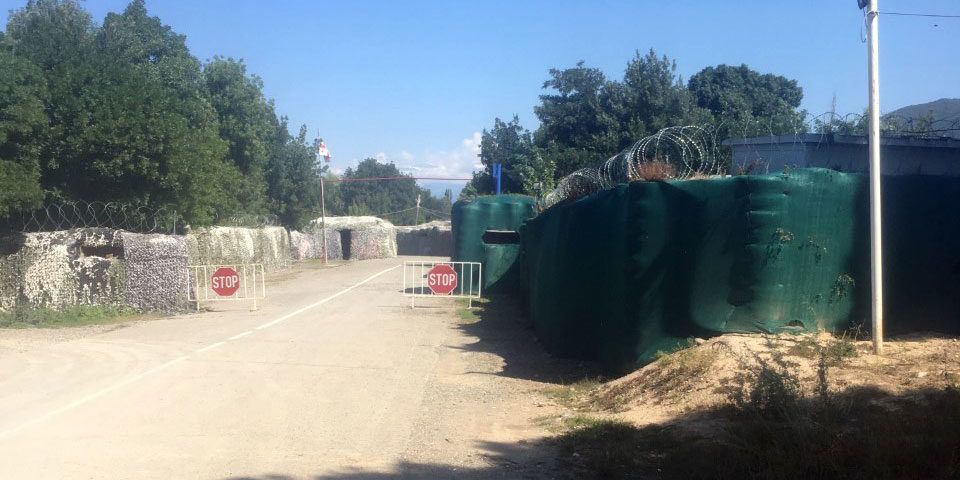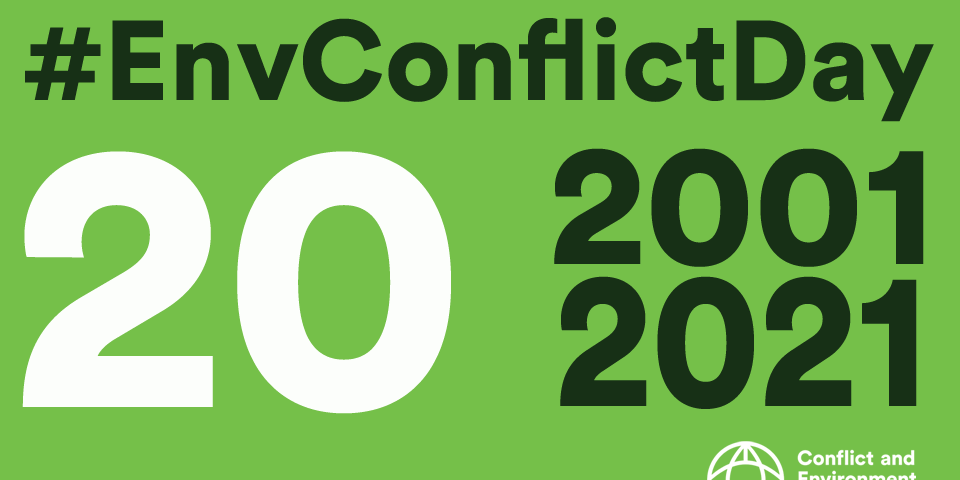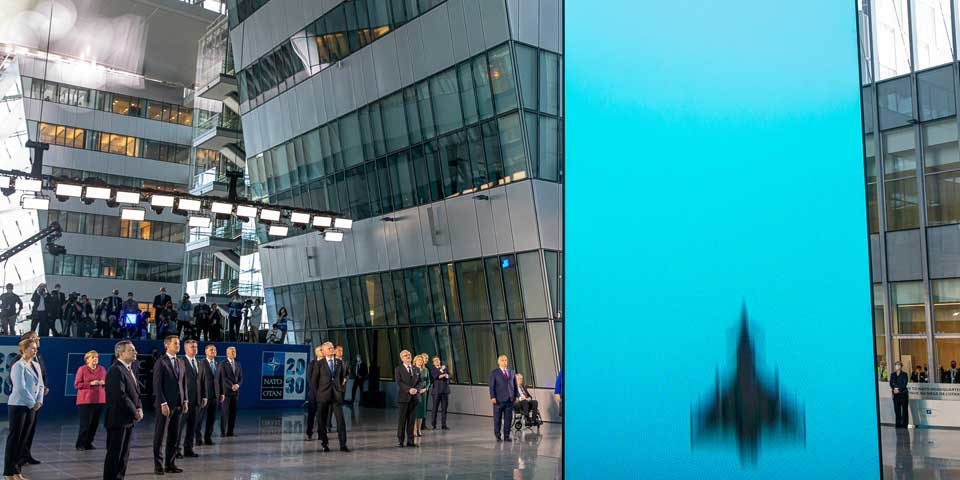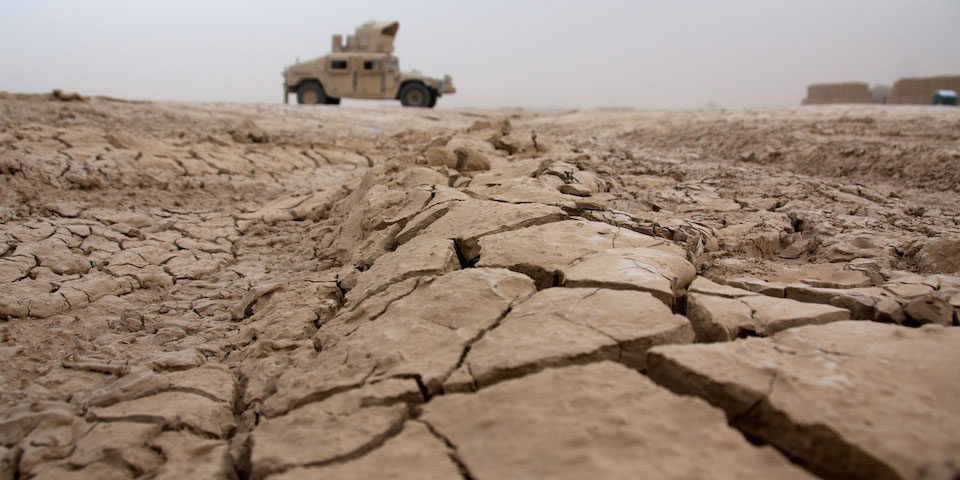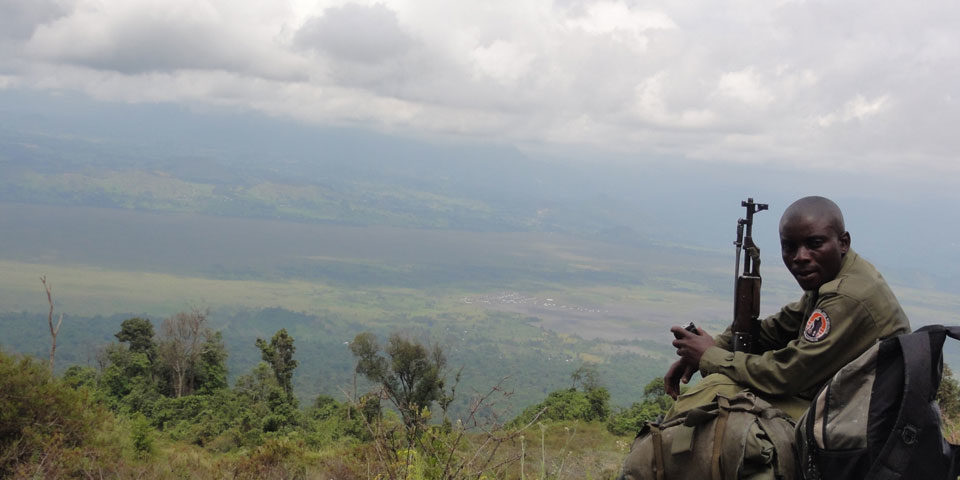Environmental governance in frozen conflicts
When wars end without clear resolution, conflicts can become frozen. In this post, Clayton Payne examines how the frozen conflicts affecting Georgia’s breakaway republics of Abkhazia and South Ossetia have influenced their environment, and how it is managed.

